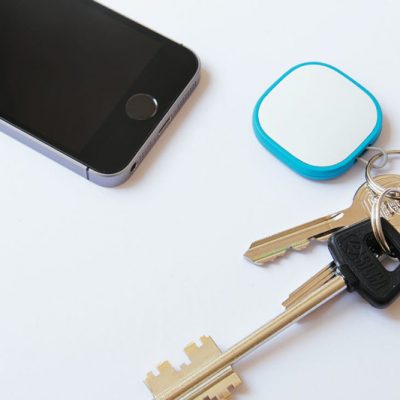The Reasons Why You Need EICR Testing On Your Property
All electrical installations will deteriorate over time, but we often overlook this fact because the wiring is hidden away inside the walls and ceilings and under flooring, so we never see it. The old saying "out of sight, out of mind" very definitely applies in this case. How fast it deteriorates will depend on the amount of use it gets, the working environment, and the maintenance schedule, if any.
In order to ensure the safety of employees and customers, the electrical installation should be inspected at appropriate intervals as part of a preventive maintenance programme. Not only does this prove that your premises are compliant with the Electricity at Work Regulations 1989, but it also resolves any issues with insurance if there should a fire or any other electrical issue, because the inspector will have issued you with an EICR certificate – an Electrical Installation Condition Report – which shows that everything was in order.
Indeed, more and more commercial insurance companies are insisting that testing is carried out on a regular basis. If there should be a fire or other accident involving electricity and you are found to be at fault you will be deemed to have committed a criminal offence, and insurers will not pay any compensation or fines resulting.
The Electricity at Work Regulations 1989 state: "As may be necessary to prevent danger, all systems shall be maintained so as to prevent, so far as is reasonably practicable, such danger".
The Provision and Use of Work Equipment Regulations 1998 require an employer to ensure the safety of equipment used, whether fixed or portable, that requires the use of electrical energy. The Health and Safety at Work Act 1974 requires the employer to ensure the health and safety of everyone in the workplace, and that includes customers, visitors, any contractors, or the general public. Finally, the Management of Health and Safety Work Regulations 1999 require an employer to carry out risk assessments to ensure the lowest level of danger for employees and "ensure the safety of the workplace as far as is possible." So you can see that there are quite a number of laws covering safety and security.
As far as an EICR certificate is concerned, the electrical industry has come up with some guidelines that say that industrial premises should have the wiring checked every three years, other commercial premises every five, and domestic premises every ten years. Additionally, an inspection should be carried out every time the occupancy of premises changes.
There are, however, reasons why an EICR should be carried out more frequently, one of these being the age of the installation. Older installations should be checked more often. Environmental conditions may also have an effect. If the property has a swimming pool an EICR should be carried out yearly, but only in regard to the parts relating to the pool. If vandalism has occurred, an EICR should be carried out, and also if a homeowner has any concerns about the electrical installation.
Furthermore, an EICR will show up any situation that may deteriorate and result in considerably more expense later than if any alterations are carried out straight away.




